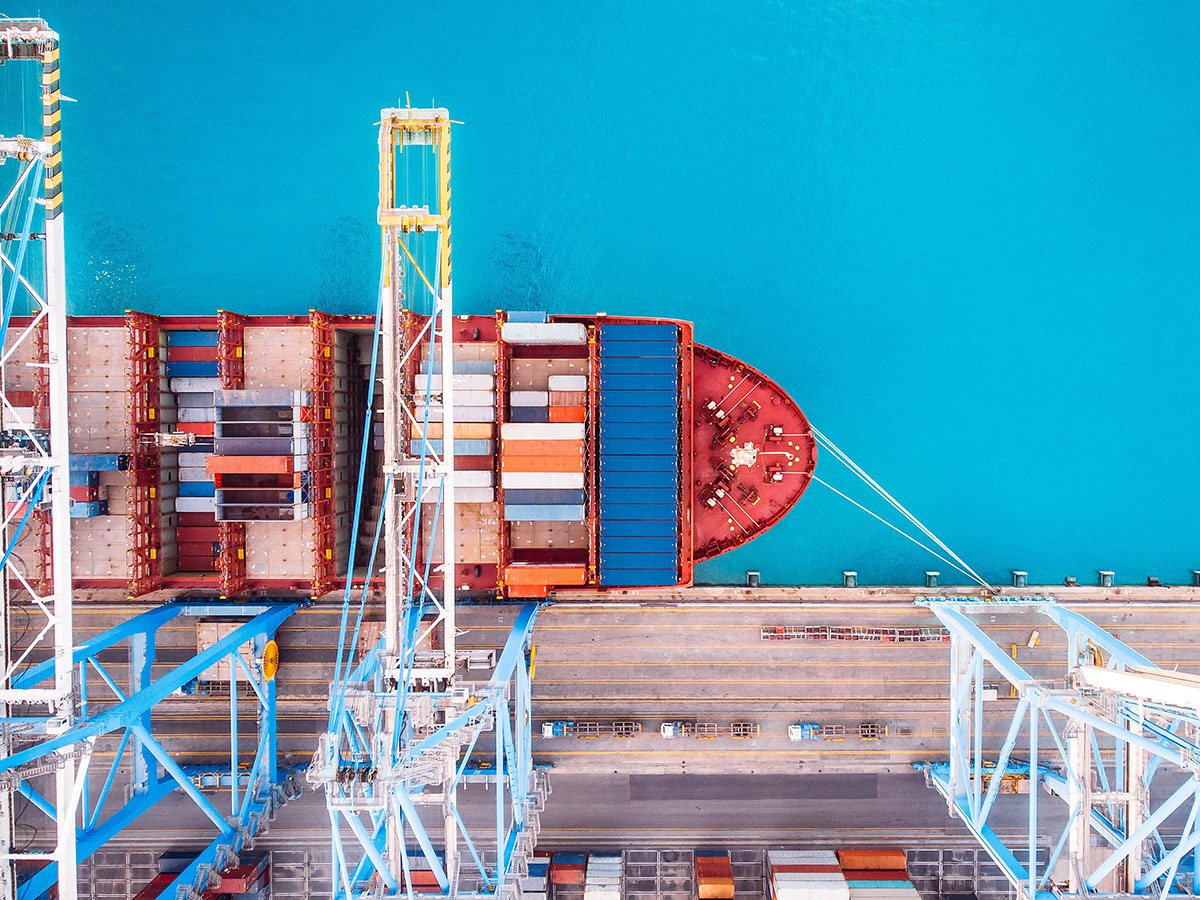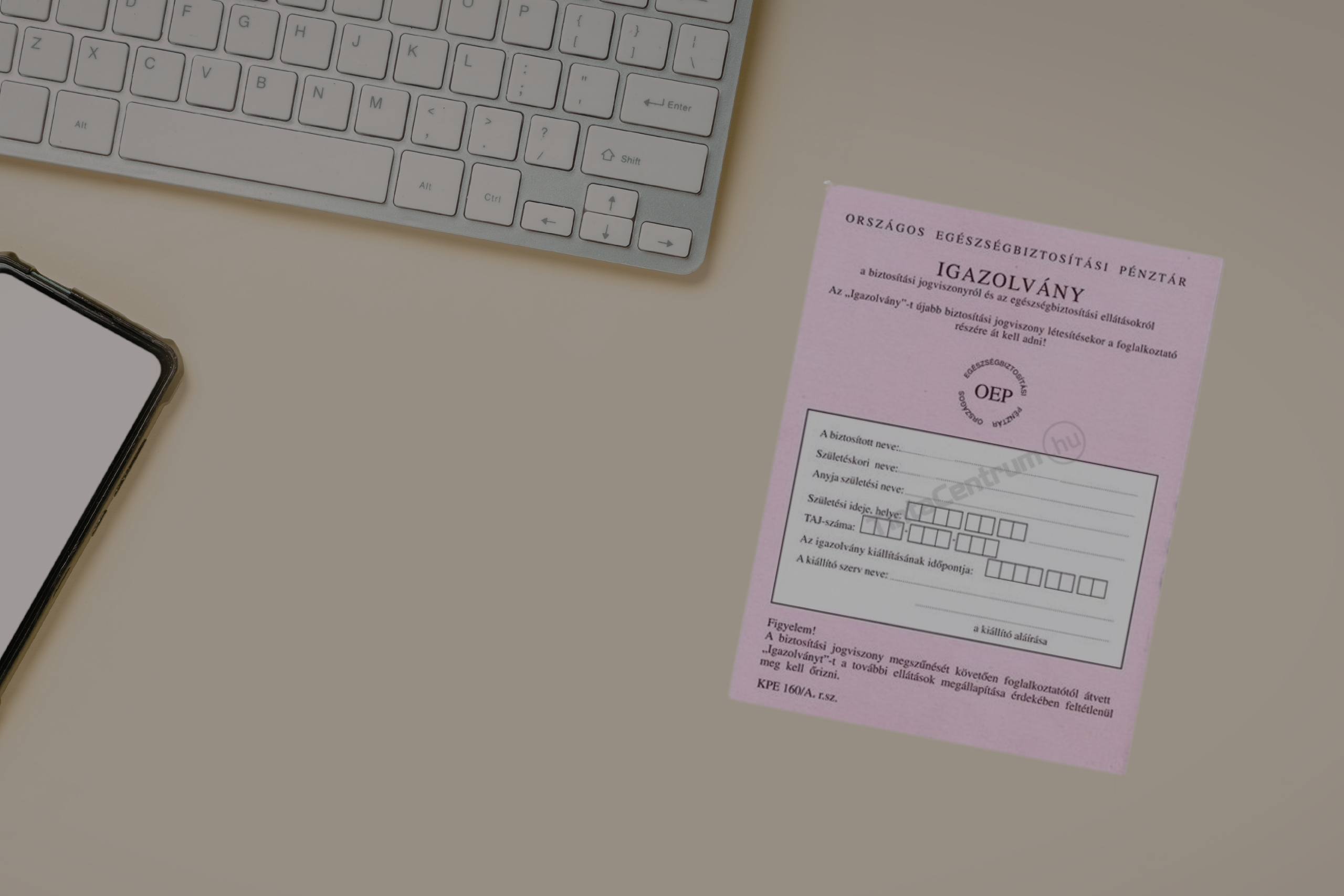
VAT e-commerce rules in practice
As we presented in our newsletter on 2021 changes in tax regulations, the VAT e-commerce package will enter into force as of 1 July 2021. As a part of the package, the new concepts of intra-Community distance sales and distance sales of imported goods will be introduced, the VAT exemption for low-value import consignments will be abolished, and a new form of tax liability will be introduced for Digital Platforms that facilitate the sale of another taxable person’s products by an electronic interface. Parallel with these changes, the current ‘one-stop-shop’ scheme will be extended, so that the taxable persons will not be obliged to register for VAT in each Member State where consumers are established. In our current article, we would like to summarize the most important changes from a practical point of view.
VAT due on importation of small consignments
As of July 2021, the VAT exemption at importation of small consignments up to EUR 22 will be removed. The customs duty relief for goods with an intrinsic value not exceeding EUR 150 imported into the EU (with the exception of couple of products, e.g. perfumes, alcoholic products) remains in place. For these small-value imports, a standard customs declaration with super reduced dataset will be applicable.
Changes in the rules for distance sale
In general, distance sale means a cross-border B2C supply of goods whereby the goods are dispatched or transported by or on behalf of the seller identified for VAT purposes in one Member State and the goods are delivered to the domestic territory of another Member State to a customer who will not be liable to pay VAT on intra-Community Acquisition of goods. From 1 July 2021, the threshold for distance sales, which changes its name to ‘intra-Community distance sales’, becomes EUR 10 000 per year and it covers all distance sales of goods to customers by a single seller in all EU Member States. The previous annual EUR 35 000 (or EUR 100 000) distance sales threshold for each Member State will no longer apply. If the seller will not reach the threshold, the place of supply of goods will remain in the Member State from where the goods are dispatched, therefore the VAT rates of that Member State will apply. However, the seller, upon his announcement to be made to the tax authorities, may opt for the place of taxation in the Member State of destination, but this decision will be binding until the end of the second subsequent calendar year proceeding the year of announcement.
The lower threshold will expectedly result in increasing the number of cases where the seller would be obliged to fulfil the VAT liability in the Member State of destination. Nonetheless, the new schemes of ‘one-stop-shop’, detailed below, will provide exemption from registration.
Electronic interfaces will be involved in the collection of VAT
Since most of the small consignments imported from third countries are purchased through different electronic interfaces, the legislator introduces VAT liability for the operator of certain electronic interfaces. The new rules will cover electronic interfaces facilitating intra-Community distance sales by a non-EU established seller or distance sales of imported goods in consignments of an intrinsic value not exceeding EUR 150.
The aforesaid electronic interfaces will be deemed to act as an intermediary operator in a three-party supply chain (seller – electronic interface – customer) who purchases the goods from the seller and sells it onwards to the non-taxable customer. Under this so-called ‘deemed supplier provision’, the transport will be ascribed to the B2C supply made by the electronic interface, and that supply will take place in the Member State of destination. In case of facilitating intra-Community distance sales, the deemed B2B supplies made to the electronic interface will be exempt from VAT with right of deduction and, for the B2C supply, the electronic interface will be liable to pay the VAT of the Member State of destination. VAT chargeability will occur when payment is accepted by the seller.
Upon making use of the ‘one-stop-shop’ scheme, the electronic interface will not be obliged to register for VAT purposes in the Member State of destination nor to issue an invoice for the deemed B2C supply. Although the real supply takes place between the seller and the customer, the electronic interface will have to receive the detailed information on the underlying transaction from the seller to fulfil the VAT obligations linked to the deemed B2C supply. Consequently, tracking the actual flow and value of goods will be crucial for the electronic interfaces, therefore it is advisable to make commercially reasonable and diligent efforts to collect the necessary information from the seller. Electronic interfaces exercising due commercial care and acting with good faith will not be held liable for their mistreatment. For the sake of transparency, the electronic interfaces will be required to keep detailed records of all transactions in scope.
Extension of ‘one-stop-shop’ scheme
The one-stop-shop scheme is designed to allow taxable persons to declare and pay VAT due arising in all Member States in one single Member State. The current Mini-One-Stop-Shop (MOSS) scheme is only available for taxable persons supplying telecommunications, broadcasting and electronic services to consumers in the EU. From 1 July 2021, via the new scheme of One-Stop-Shop (OSS), all taxable persons performing cross-border B2C services which takes place in the Member State of customer, where they have no VAT number or performing intra-Community distance sales or becoming deemed suppliers under the special provisions will be eligible to declare and pay their VAT due arose in any EU Member States to their domestic tax authorities. However, making use of the OSS remains an option. OSS will also be available for taxable persons established in third countries and -in certain cases- they will be allowed to opt for registration in Hungary without appointing a fiscal representative.
With regard to the abolishment of VAT exemption on importation of small consignments, the new scheme of Import-One-Stop-Shop (IOSS) will be introduced which will be available for taxable persons performing distance sales of imported goods (excluding goods subject to excise duty) or electronic interfaces falling under the deemed supplier provision. IOSS will also be available for taxable persons established in third countries. They will be allowed to opt for the Member State of registration. In case of Hungary -with restricted exceptions-, they will be required to appoint a fiscal representative for the registration. Taxable persons making use of the IOSS may collect the import VAT from the customer upon sales and, in the possession of a valid IOSS VAT identification number, may declare and pay the VAT due by submitting a monthly return. The due date will be the end of the month following the month of declaration. With this simplification measure, the standard procedure for levying the import VAT by the customs authorities can be avoided. Applying IOSS is also recommended for the sake of the customer’s trust as the customers would be fully aware of their import VAT due by the time they finalize their orders.
Involving postal operators in the collection of VAT
In cases where the goods are released into free circulation in the Member State of destination and the conditions for applying IOSS are otherwise met, the new regulations will allow postal operators (i.e. post offices, express carriers, other customs agents) to conclude special arrangements with the authorities upon which the import VAT will be collected from the customer by the postal operator. Under special arrangements, the postal operator will declare and pay the amount of VAT collected monthly. Postal operators making use of the special arrangements will be subject to record-keeping obligation. The records to be held by them will contain all the taxable transactions, including cases where the consignment was rejected by the customer. Please note that the special arrangements will only be sufficient for collecting the VAT amount at the standard rate (27% in Hungary).
If you have any questions regarding the above, please feel free to contact us.
Krisztián Vadkerti, Partner
Márton Ráskai, Senior tax advisor
Lépjen kapcsolatba szakembereinkkel!
Az alábbi űrlap segítségével feliratkozhat szakmai hírlevelünkre, így folyamatosan értesítjük az adózás, a könyvelés és a bérszámfejtés területén megjelenő újdonságokról.











